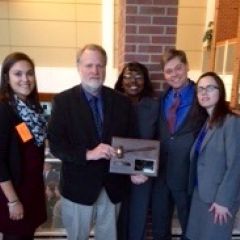The Illinois Supreme Court announced on Friday that the annual registration fee for attorneys practicing in Illinois will increase by $3 next year.
The increased funds will be directed to the Lawyers' Assistance Program (LAP), a not-for-profit organization that helps attorneys, judges, and law students get confidential assistance with substance abuse, addiction, and mental health issues.
Under amended Supreme Court Rule 756, the annual registration fee will increase from $382 to $385 in 2017 for attorneys who have been in active status for three years or longer. Attorneys in active status for less than three years, inactive status attorneys, and out-of-state attorneys eligible to practice in Illinois under Supreme Court Rule 707 will not see their attorney registration fees rise.
“This modest increase in the annual registration fee will have a significant impact on the LAP’s ability to provide services to impaired attorneys and to shine a light on the issues of addiction and mental illness in our profession,” Chief Justice Rita B. Garman said. “I have often observed that when the Court is called upon to impose professional discipline on an attorney for some sort of professional misconduct, the attorney very often has an underlying history of substance abuse or mental illness. Intervention by the LAP, thus, serves not only the attorney whose career may be impacted by these issues, but the members of the public who have placed their trust in the attorney.”



